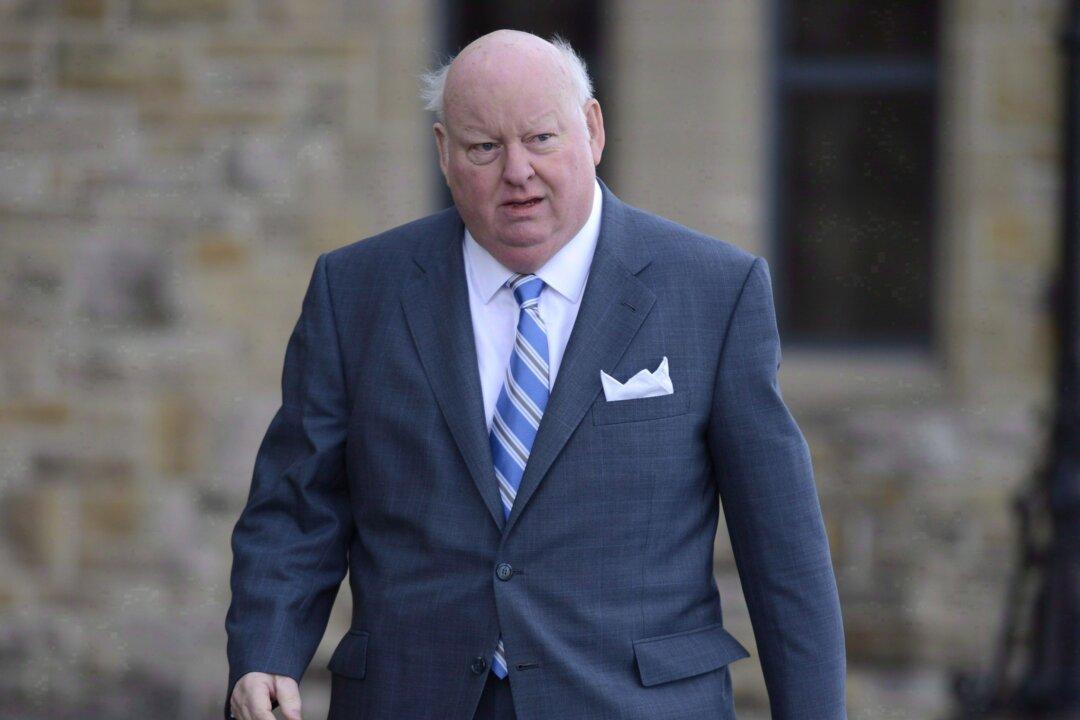OTTAWA—When lawyers arrive at the Ottawa courthouse for the long-awaited start of the Mike Duffy trial on April 7, they'll be armed with the equivalent of advanced degrees in the rules governing Senate expenses.
Both sides will be toting heavy binders packed with reams of notes on the guidelines provided to senators, and on the often confusing system that they use to file their claims.
It’s shaping up to be a courtroom battle over interpretation and semantics—one that all senators are sure to be watching closely.
Duffy faces 31 charges of fraud, breach of trust, and bribery, all associated with living, travel, and contracting expenses filed by the former Conservative appointee.
The spending scandal first began to unfold in late 2012 when a reporter for the Ottawa Citizen began asking questions about how much time Duffy actually spent in P.E.I., the province he represents in the Senate.





